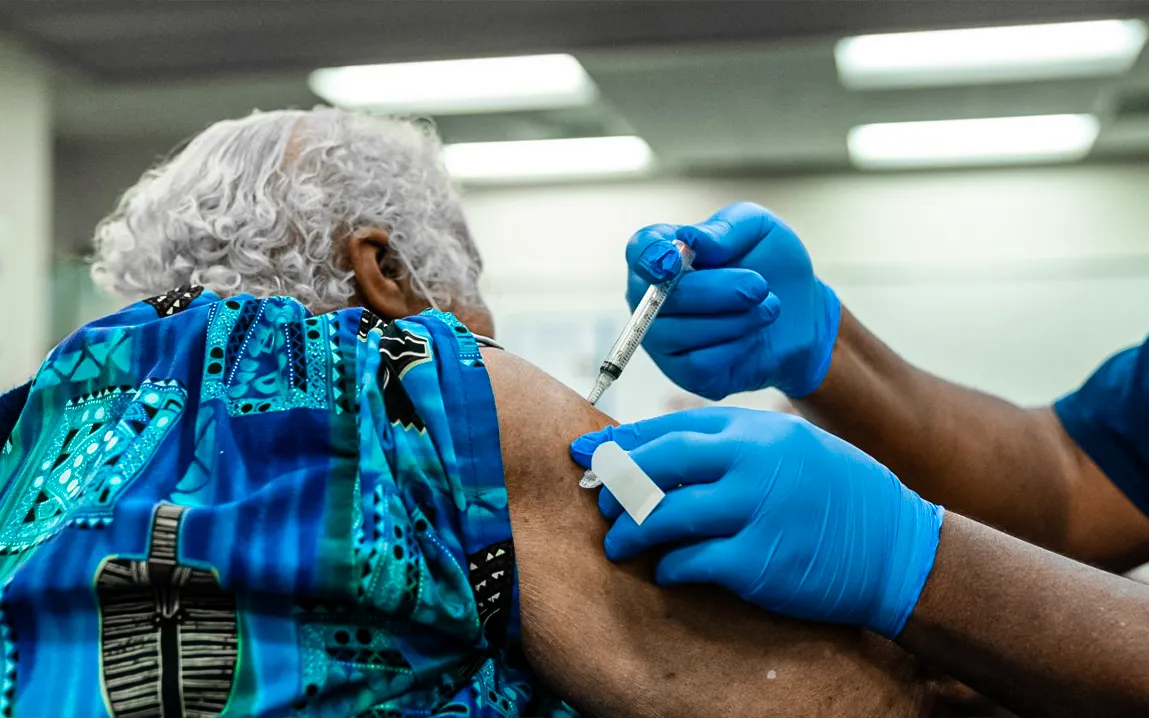The Centers for Disease Control and Prevention (CDC) is reviewing its recommendation for universal COVID-19 vaccination, which may lead to a major policy transformation. The CDC is evaluating a more risk-based recommendation for COVID-19 vaccination, especially for the elderly and immunocompromised, rather than saying that all Americans aged six months and older should receive a vaccine every year.
The proposed change would bring U.S. recommendations into closer alignment with countries like the United Kingdom, Canada, and Australia, which do not routinely recommend annual COVID-19 vaccinations for young populations and healthy younger adults. The World Health Organization also does not recommend annual boosters for healthy individuals under age 65.
The independent public health experts who make up the CDC’s Advisory Committee on Immunization Practices met this week to review the data and discuss questions, benefits, and risks. Their discussions suggest there is an increasing inclination to prioritize individuals with the highest risk of severe disease.
The new risk-based Covid-19 vaccine guidance will dictate up to two doses a year for individuals over 65, and those at risk or with immune-compromising diseases. This may also include individuals at higher risk of exposure, including frontline health care workers, or young children attending childcare.
Dr. Denise Jamieson, dean of the Carver College of Medicine, echoed concerns that this would complicate things, stating, “Risk-based recommendations haven’t fared well in the United States historically.
“Others raised concerns about insurance coverage and free immunizations with regard to those outside the high-risk category. Although the policy would not bar anyone from being immunized or vaccinated if they wanted, its implications are currently unclear.
Dr. Jamie Loehr, a New York family doctor who is a member of the committee, agreed that a change could create problems in practice. “I support the idea in theory but am apprehensive about how this will play out in practice,” he said.
The problem is both medical and logistical. Experts are concerned that excluding healthy people could increase the risk of long-term COVID-19. Such an expert is Dr. Oliver Brooks, chief medical officer at Watts Healthcare. Based on national surveys, in 2023 alone, over 9 million Americans had prolonged COVID.
Nonetheless, advocates argue the alteration is sound. In line with CDC data, most adults, nearly 74%, have at least one condition making a COVID-19 infection potentially serious. With 40,000 deaths between September 2023 and August 2024, COVID-19 is the 10th leading cause of death in 2023 and continues to be a considerable public health issue.
It was noted by some committee members that risk-based recommendations for the COVID-19 vaccine do not mean that vaccination would be less effective. Dr. Noel Brewer of the University of North Carolina stated, “There is no evidence that this change will have an impact on the vaccination rates.”
The new plan was supported by nearly three-quarters of the CDC’s vaccine policy workgroup as of April. The meeting in June is expected to be a formal vote, a possible change in the national plan to prevent COVID-19 in the future.



